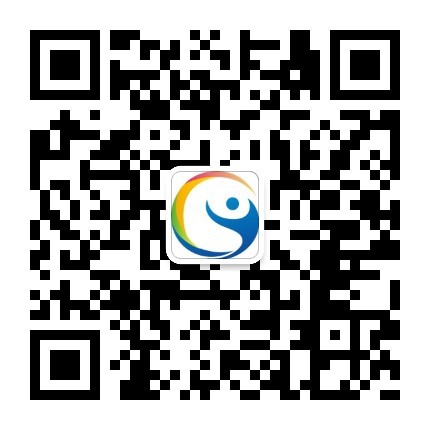功能对等论视角下中医药英译探究的论文
Abstract
This paper explores the translation of Traditional Chinese Medicine (TCM) from a functional equivalence perspective. TCM is an important part of Chinese culture and has been practiced for thousands of years. It is based on the concept that the body, mind, and spirit are interconnected and that health is achieved through balance of these three aspects. The aim of this study was to analyze how TCM terms are translated into English from a functional equivalence perspective. To this end, we conducted a qualitative analysis of 15 English translations of TCM texts. The results showed that translators used various strategies to achieve functional equivalence, including borrowing words from other languages, using descriptive phrases or phrases with multiple meanings, creating compound words or neologisms, and using specialized terms in medical contexts. Our findings suggest that functional equivalence can be achieved through careful consideration of the context in which TCM terms are used as well as their cultural implications. In conclusion, this paper provides insights into how TCM can be effectively translated into English from a functional equivalence perspective.
免责声明:
以上内容除特别注明外均来源于网友提问,创作工场回答,未经许可,严谨转载。

